The rise of vegetarian food in Thailand
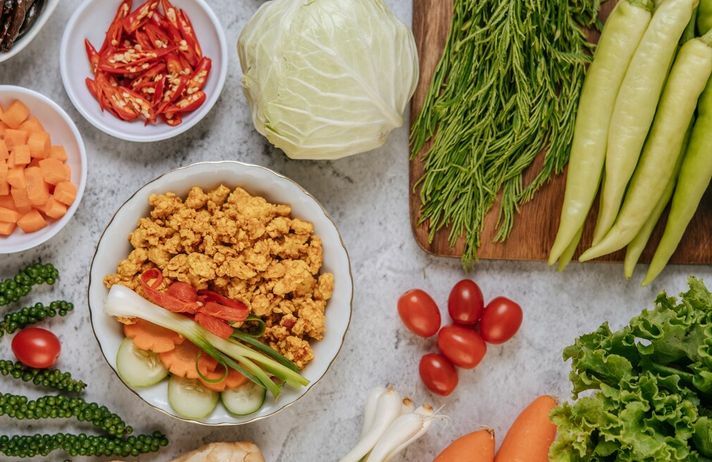
In Thailand, particularly in the southern areas, there is a growing trend among individuals, from cooking enthusiasts to professional chefs, towards adopting vegetarian food. As the global advocacy for plant-based eating expands, these culinary professionals are increasingly using alternatives like tofu, seitan, and an assortment of fresh vegetables in place of meat. Impressively, they are managing to preserve the authentic and beloved flavours of traditional Thai cuisine.
Traditional Thai cuisine
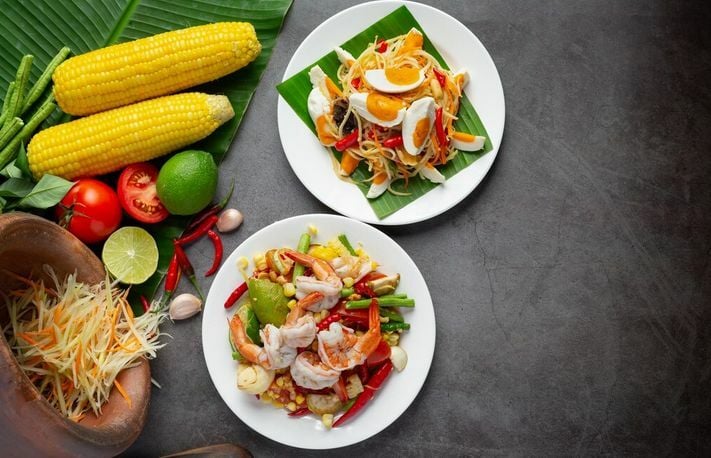
Influence of buddhism on dietary preferences
Guided by Buddhist principles, many individuals reduce their meat consumption or abstain from it entirely, particularly during sacred periods to maintain spiritual purity. This practice not only facilitates spiritual development but also benefits environmental sustainability and personal health.
Early adoption of vegetarian practices in Thailand
Thailand has a long-standing tradition of vegetarian cuisine, well before the worldwide vegan trend took off. The country’s classic recipes often highlight a variety of plant-based components. The Gin Je Festival is a significant event, lasting nine days, where many attendees choose a vegan or vegetarian diet as part of the cultural celebration. This festival, along with other similar events, underlines Thailand’s early adoption and influence in the vegetarian culinary scene, influencing food habits and preferences across the nation.
Current trends in vegetarian food in Thailand
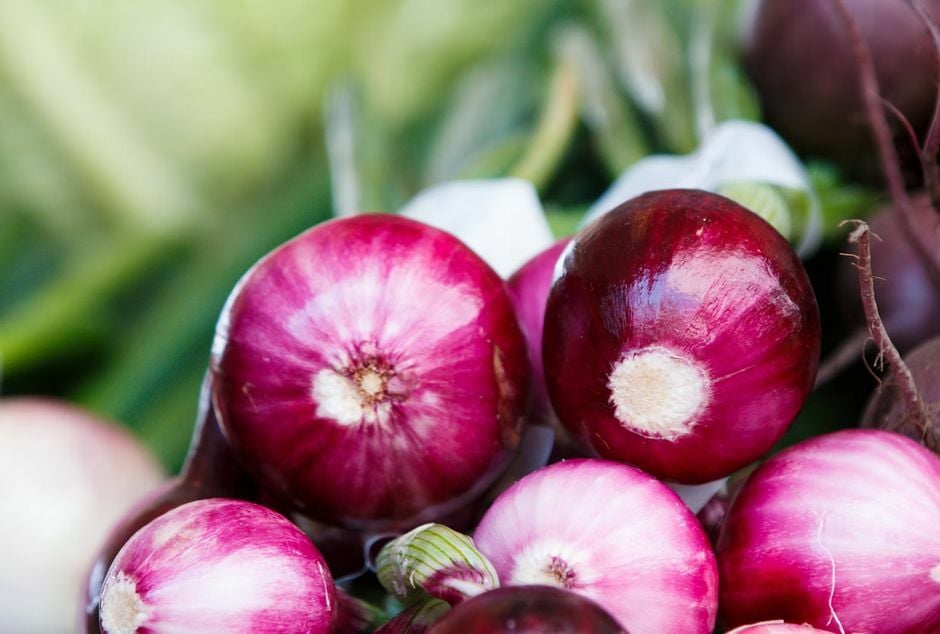
Increase in vegetarian and vegan restaurants
Thailand’s culinary landscape is undergoing a significant transformation, with an increasing number of vegetarian and vegan offerings emerging throughout major cities such as Bangkok, Chiang Mai, and Phuket. These underscore a shift in dining trends, propelled by health, ethical, and environmental motivations.
Popular vegetarian dishes and their origins
Thailand’s rich culinary heritage plays a crucial role in the popularity of its vegetarian cuisine. Traditional dishes such as Pad Thai, originally made with shrimp, now embrace variations using tofu and soy products. Another favourite, Tom Yum Soup, traditionally prepared with fish sauce and shrimp, is now frequently enjoyed in its vegetarian version with mushroom broth and various herbs. The influence of Buddhism and the widespread practice of vegetarianism during religious observances foster these adaptations, tying culinary innovation to cultural practices. Each dish not only offers a taste of Thai tradition but also reflects the nation’s committed evolution towards sustainable and compassionate eating habits.
Factors contributing to the rise
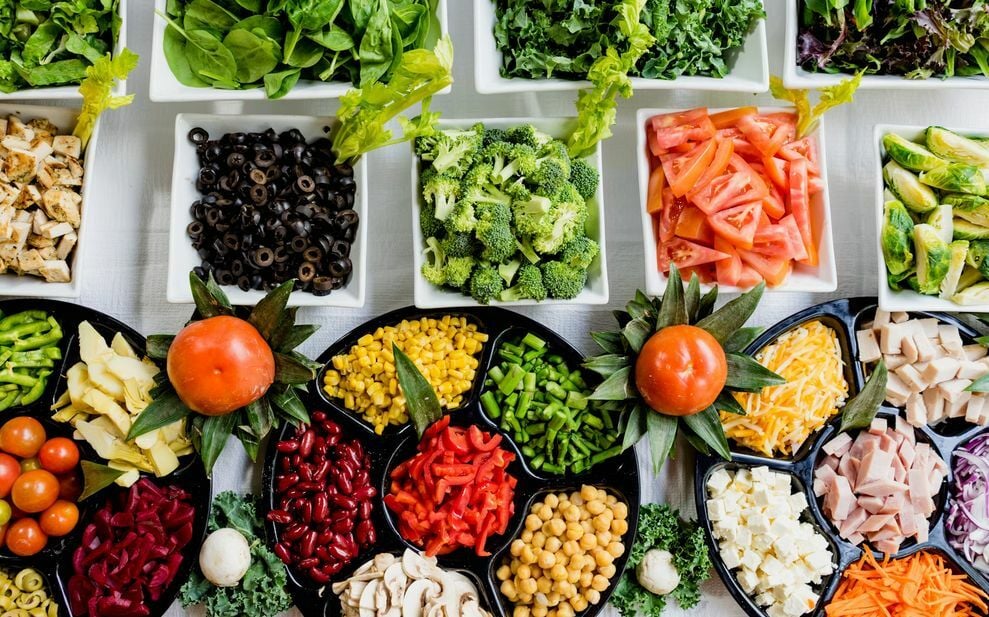
Health benefits and awareness
In Thailand, there is a growing trend towards vegetarianism as more people acknowledge its health benefits. The link between dietary choices and overall health is increasingly evident, leading to a shift towards plant-based diets. Health experts and research studies consistently support vegetarianism for its role in preventing major health issues such as heart disease, hypertension, and diabetes. Therefore, it is no surprise that urban populations, with better access to information, are more likely to adopt a vegetarian lifestyle.
Environmental concerns
Recent studies highlight increasing awareness in Thailand about the environmental implications of meat production. The process of breeding livestock for consumption substantially contributes to greenhouse gas emissions and deforestation. In response, urban areas like Bangkok are witnessing a significant rise in the number of young adults and professionals opting for vegetarian diets. This trend underscores a wider dedication to environmental responsibility.
Influence of global trends and tourism
Global food trends are decidedly reshaping Thailand’s culinary scene, with a notable rise in vegetarian options as travellers increasingly seek healthier, ethical alternatives. As a top tourist destination, Thailand swiftly adopts these international tastes, especially in key areas like Chiang Mai and Phuket, where an abundance of vegetarian and vegan selections now caters to a global clientele and enhances the local gastronomy. This transformation not only appeals to tourists but also introduces local residents to a broad spectrum of vegetarian flavours, thus boosting their popularity across the region.
Regional variations
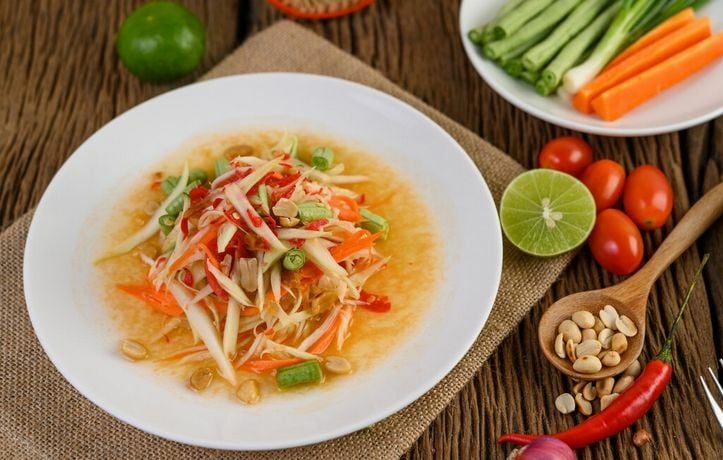
Differences in vegetarian cuisine across different regions of Thailand
Thai vegetarian cuisine differs remarkably from the northern reaches of Chiang Mai to the bustling streets of Bangkok. In northern Thailand, dishes such as “Khao Soi Jay,” a vegetarian version of the traditional noodly curry, incorporate locally sourced spices and soy-based proteins. Vegetarian food here often features hearty textures and bold spices, mirroring the robust local culture.
Moving to the northeast, Isaan cuisine transforms simple ingredients into flavorful salads like “Som Tum Jay,” where green papayas blend with a fiery assortment of chillies, lime, and peanuts, completely omitting fish sauce which is a staple in non-vegetarian variants. This adaptation highlights the region’s preference for tangy and spicy flavours, making use of readily available local produce.
In the central plains, including Bangkok, vegetarian offerings become more diverse due to the cosmopolitan influences. Restaurants in this region might present pan-Asian vegan dishes alongside modified traditional Thai meals, where mock meats and tofu commonly substitute for meat, catering to a variety of international palates.
In the south, the cuisine reflects the abundant coastal geography, with vegetarian versions of dishes like “Gaeng Som,” a sour curry, using underutilised vegetables and tofu instead of fish. Southern Thai vegetarian food often retains the aromatic and intense flavours typical of the regional style but adapted for plant-based diets.
Unique ingredients and preparation styles in each region
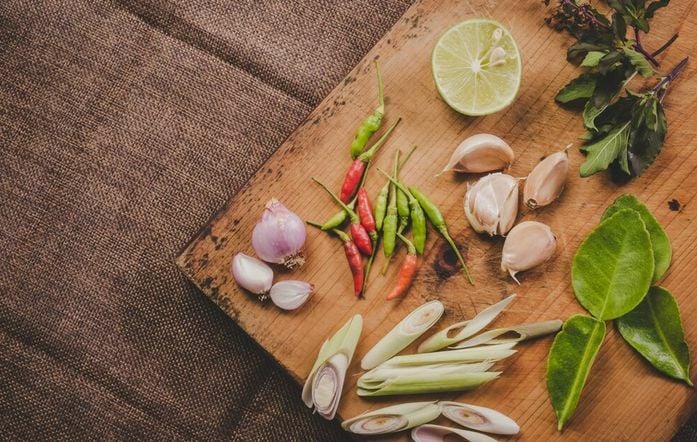
Each Thai region brings its twist to vegetarian cuisine through unique ingredients and culinary techniques. In northern Thailand, ingredients such as jackfruit and tempeh are popular meat substitutes, used heavily in curries and stir-fries. They’re valued for their ability to absorb flavours and provide meaty textures.
Northeastern Thailand sees a lot of indigenous herbs and vegetables, with an emphasis on freshness. Ingredients like mushroom, sticky rice, and local greens dominate, creating nutritious dishes that are simple yet rich in taste.
In contrast, central Thailand, particularly Bangkok, demonstrates a fusion of techniques and ingredients. Chefs readily experiment with ingredients like seitan and various kinds of tofu, preparing dishes that appeal to both traditional and modern tastes. These often involve complex marinating processes to enhance flavour profiles similar to those of meat-based dishes.
Finally, the southern region uses a lot of coconut milk and turmeric, producing vibrant and creamy dishes. Tofu seasoned with turmeric becomes a staple in curries and is often paired with an array of spices unique to the area’s culinary tradition.
Challenges
Challenges faced by vegetarian and vegan establishments
Adopting a vegetarian or vegan menu in Thailand presents distinct challenges. Firstly, the rise in food prices poses a significant hurdle. Ingredients essential for crafting vegetarian dishes, such as specific vegetables and meat substitutes like tofu and seitan, are seeing price increases, which can deter consistent menu pricing. Secondly, accessibility and availability of diverse ingredients are critical in regions outside major cities like Bangkok, where supply chains are less developed. Furthermore, there is still a cultural preference for traditional meat-based dishes among many Thais, potentially limiting customer base in less urban areas. Lastly, the economic uncertainty often influences consumer spending power, impacting dining out frequencies and choices.
Opportunities for growth in the vegetarian and vegan market
The vegetarian and vegan food sector in Thailand presents significant growth opportunities, fueled by a rising emphasis on health and environmental awareness. The allure of plant-based diets becomes particularly prominent during events like the Vegetarian Festival, which also draws attention from non-vegetarians. There’s also an increasing consumer interest in personalised dining experiences. Vegetarian and vegan venues can succeed by offering meals that cater to individual tastes. With around 67% of urban dwellers in Thailand showing a preference for customised food options, the urban food market holds ample opportunities for innovation and growth.
Latest Thailand News
Follow The Thaiger on Google News:


























